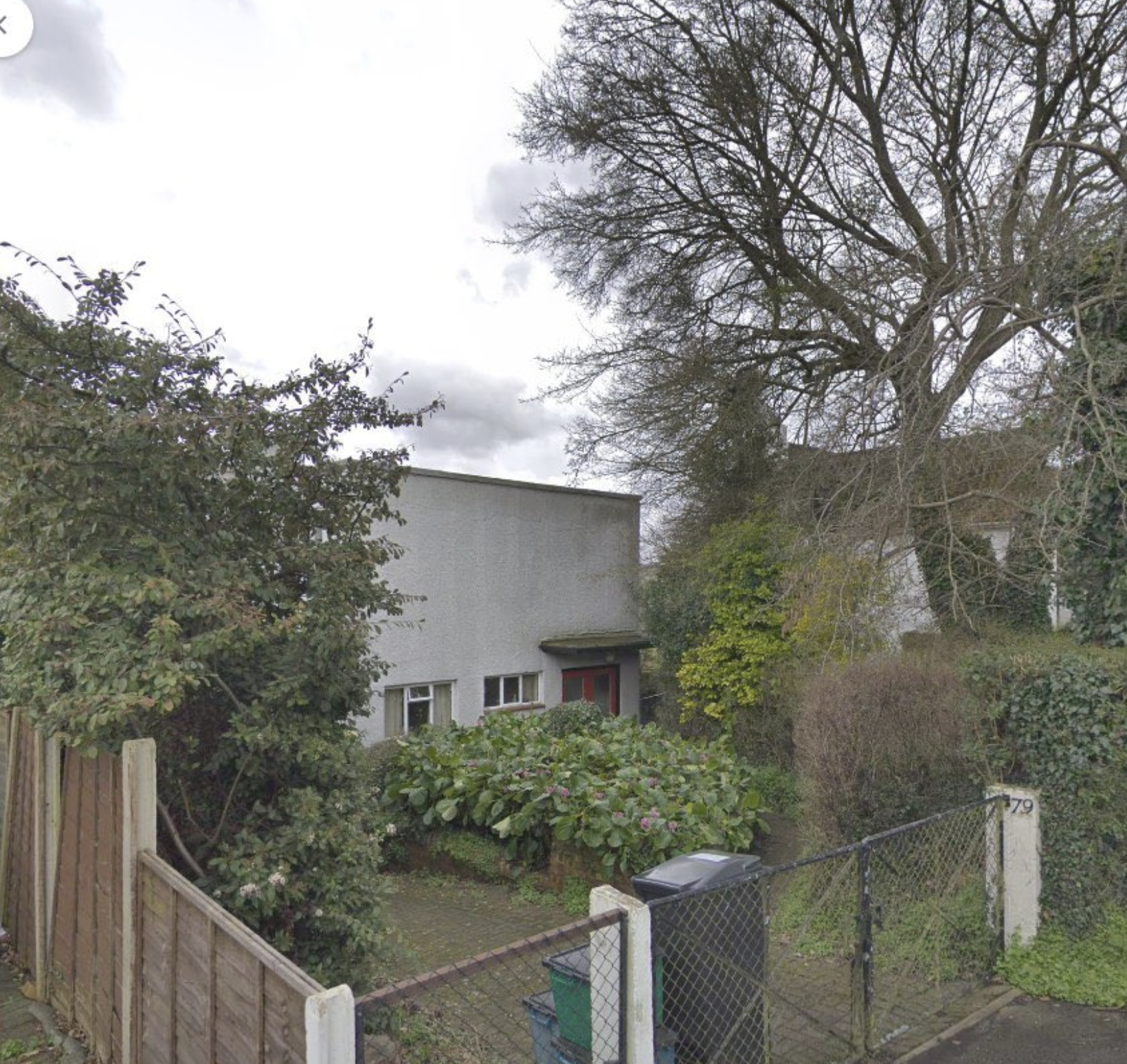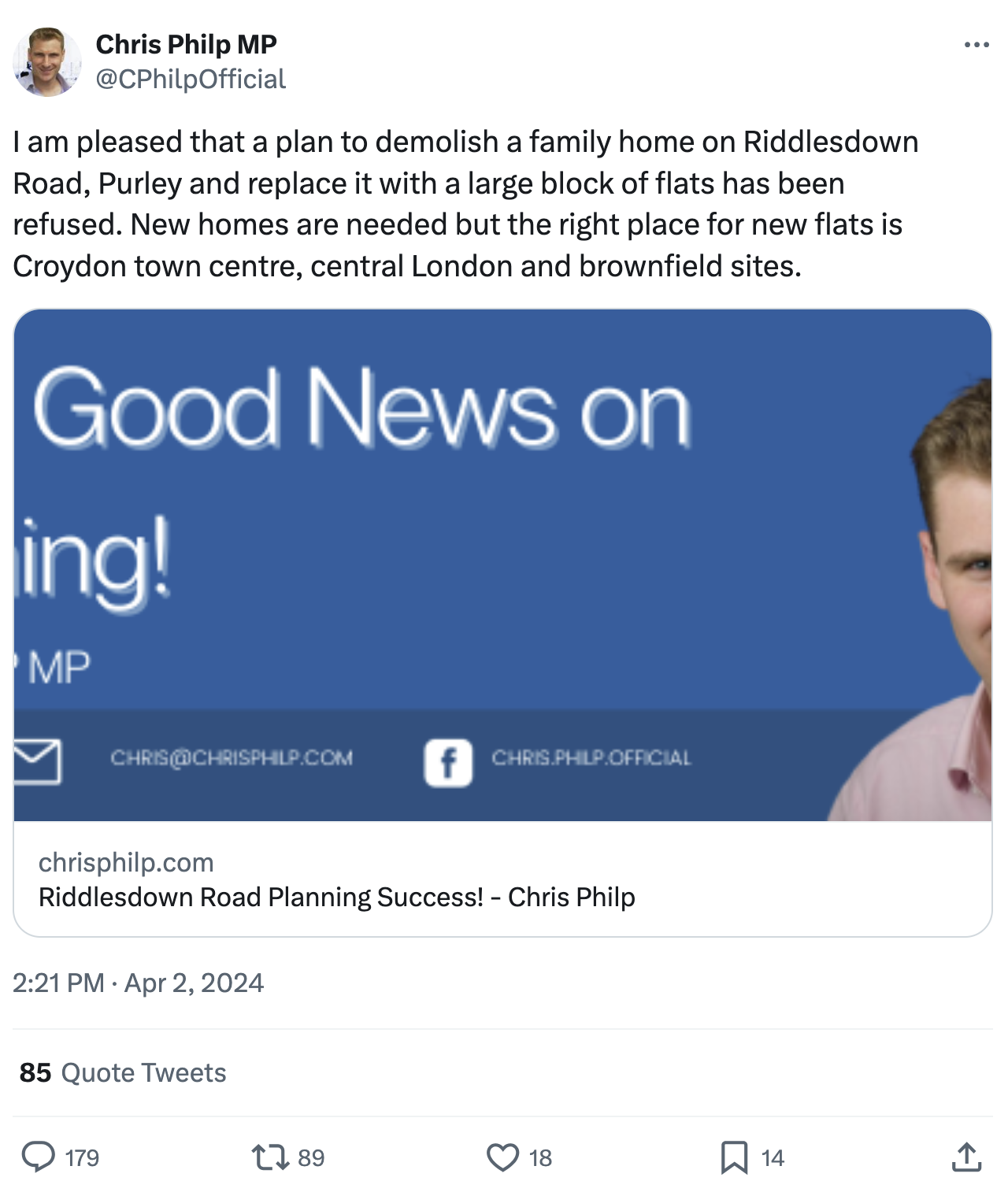Liz Emerson, IF CEO and Co-founder, calls time on politicians who dismiss the housing crisis facing younger generations as the country moves ever closer to the General Election.

It’s all about housing, stupid!
Anyone who works in politics or policy and thinks everyone under the age of 40 is not angry about the cards previous generations have dealt them should get their coat and leave now, because this General Election is not going to be fought around the issues so many out-of-touch politicians would prefer to distract us with – immigration, Brexit, or even the triple lock on the State Pension. This General Election is going to be fought on the most visible form of intergenerational unfairness in our society today and that is the lack of affordable, secure, safe and decently-priced housing to buy or rent.
Housing – the most visible form of unfairness
Have a casual look across social media and it is clear that younger generations are incandescent with rage over the amount of money they are having to set aside for housing. Bear in mind that anyone under the age of forty today is just as likely to be a renter as a homeowner. They have to set two-thirds of their weekly expenditure to one side to pay for essentials – rent, utilities and travel to work, with little left over to even start to save. The last available Wealth and Assets Survey data researched by IF found that two out of five young people had negative financial wealth.
Young people’s wages go largely to older generations of landlords, many of whom were already overleveraged before the mortgage interest rate rises, and they have ramped up the rent to avoid having to dispose of assets which in reality they cannot afford.
Just this week, UK Finance, which represents 300 financial services’ businesses highlighted that 13,570 buy-to-let mortgages were in arrears in the last quarter of 2023, up 124 per cent on the same quarter a year earlier. Their answer – take even more money from the pockets of young people to pay landlords’ mortgages.
And this is in the context of average UK private rents increasing by 9% in the 12 months to February 2024, higher than in the 12 months to January 2024, according to the Office for National Statistics’ (ONS) “Price Index of Private Rents (PIPR).” While rents hovered at around 2% annual inflation between 2010 and 2020, the ONS states that UK rents inflation today is now at a record high. Meanwhile, UK house prices are falling, but that is of little consolation to younger people who cannot afford a deposit because so much of their money is sucked out of their pockets in rent.
It is also all very well with the financial services sector calling for a further increase in Local Housing Allowance (LHA) but the government had already decided to unfreeze it after four years so that it aligns with the 30th percentile rent for properties of different sizes within a local area. Furthermore, raising the LHA merely represents yet another transfer of wealth from taxpayers to landlords when the housing benefit bill already stands at around £25 billion per year.
The battle will not be on the doorstep
Nor is the General Election battlefield going to be on the doorstep. Politicians may prefer to wander up and down leafy suburban roads on a sunny afternoon courting the grey vote with anti-building sentiment as older generations continue to under-occupy their way through old age, but a battle is taking place online, where the victims of over- rather than under-occupation are calling out those politicians who dare to use anti-housing sentiment as a vote winner.
1 million views and counting
Chris Philps, Conservative Member of Parliament, for Croydon South, probably regrets his decision to publicise his rejection of a local planning application in a tweet just last week:

Yet, here’s the reality – a run down, unattractive, close-to-derelict “family home” on the outskirts of London:

“Hope your job search goes as well as the average young person’s search for a property they can afford!” was the retort on Twitter as his post reached 1 million views largely by angry younger people who simply want cheap, safe, affordable roofs over their heads. Is that a lot of ask?
The plot is a perfect example of how brownfield development works – you know, the type of development that anti-housing campaigners support because it does not involve digging up grass and other green things in the countryside. Mr Philps seems not to understand the definition of “brownfield” in his tweet but this is exactly what it is.
The Green Party’s Carla Denyer was also in hot water this week with a car-crash interview on BBC Radio Four’s Today programme talking the talk about the need for new affordable housing but she too ended up being called out for her political party’s “hypocrisy” for opposing new building or even renewable energy such as solar farms!
At the same time, due to fear of appearing reckless on spending or upsetting the grey vote, Labour has failed to commit to a plan for the mass-building of social housing the country so badly needs. It would save the taxpayer money too, as the investment would be paid back in only a couple of years due to savings in spending on housing benefit, temporary accommodation, healthcare costs, to name a few.
Weaponise anti-housing at your peril
The reality is that the housing crisis is now so acute for so many – with need and despair creeping up the generational divide – that politicians will not be spared a public bashing whatever their political alignment this election year.
Those politicians who promise to deliver clean, safe, affordable and secure housing will win out as the housing crisis deepens and the millennial generation become the largest voting group.
So, as we lead into General Election season, we at IF, are going to call out the NIMBYs, and anti-development, green-washing political candidates who are destroying our children’s and grandchildren’s futures. We urge you to join the call and do the same!
Help us to be able to do more
Now that you’ve reached the end of the article, we want to thank you for being interested in IF’s work standing up for younger and future generations. We’re really proud of what we’ve achieved so far. And with your help we can do much more, so please consider helping to make IF more sustainable. You can do so by following this link: Donate.
